Is your child still not sleeping through the night? Every night is a nightmare and you don't know what to do? Why not take advantage of this period of confinement to try to set up sleep coaching by following the precious advice of Valeria de Grandis, our specialist in sleep for children aged between 0 and 5 years old.
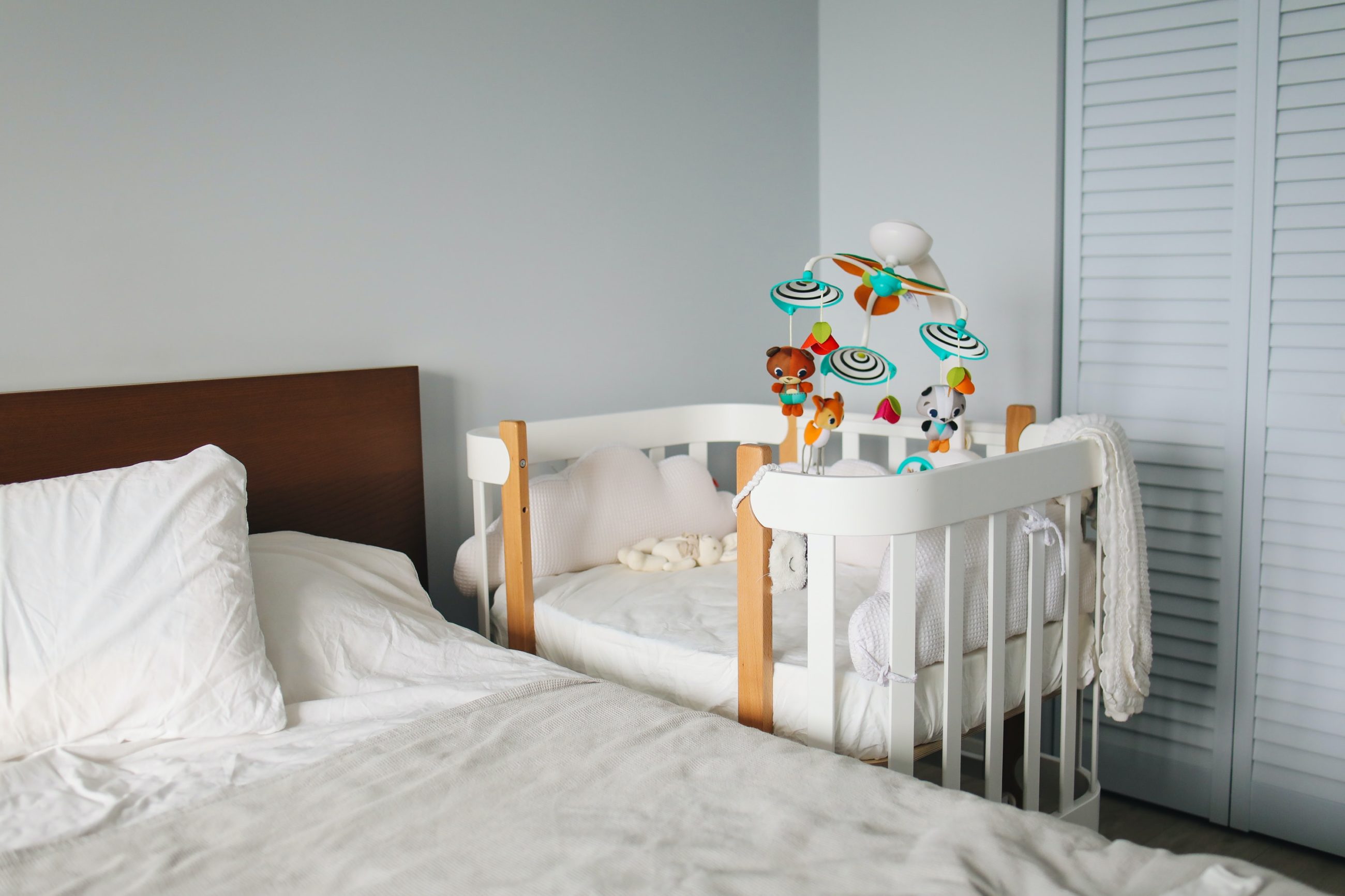
When our child doesn't sleep, it is hard! We feel vulnerable, tired, stressed, uncomfortable. For most of us, dealing with difficult nights is a real challenge.
We read blogs, books, we speak to other moms and dads, looking for solution or simply to see if other families are experiencing the same issues. This is normal.
In the first 3 years of life, 20-30% of children have sleep disorders: a percentage that drops to 15% after 3 years. Rarely the causes are organic. For most of children's insomnia (more than 80%) depends on psycho-physiological factors, mainly related to the organization of the day, the variety of stimulations that are around and the habits given by parents (98%). There are also organic issues, the most frequent are: reflux, ear disorders, asthma, atopic dermatitis1.
Luckily, we have a choice and we can sleep coach, cope with it or simply wait and hope...
If we decide to sleep coach, it is critical to go for it and stay gentle but firm in setting the right habits and boundaries. Many times, we don't understand that our role as parents is critical, as we do more than 50% of the job.
It's not easy to set the right boundaries and to stick to them: we are all day at work, we don't see our children that much and the only thing that we wish for while we are working is to go home and play/have fun with them. For our children, it is the same! They love their friends and their caregivers, but they are looking forward to hugging mom and dad at the end of their day.
In this loving story, there is a central point to consider: they need to sleep and go to sleep fairly early at night.
What I hear the most from the parents I follow as a sleep coach is: "I go home and I want to play with him, but he is cranky, fussy and doesn't really engage with me". Or "I could not put her down before 10:00 pm! She was so playful, enjoyable, happy, had full of energy...but she woke up a lot during the night".
When a baby is overtired, they have a difficult time setting into a sleep pattern. For this reason, they will have trouble falling asleep and/or staying asleep. Furthermore, as they become older, chances are that the problem will not disappear. It can really help to put your child to sleep early (around 7:00 p.m.); they will have an easier time settling into sleep and less chances to wake up at night or too early in the morning.
Knowing this, what do we have to do?
There is a very important and crucial word that we always have to keep in mind: consistency. Consistency fully depends on the parents. This word put next to routine, wakeful window and early bedtime will summarize at best what is good for your child: you need to set up very good sleeping hygiene patterns.
We all know what consistency, routine and early bedtime mean. But what exactly is a wakeful window? In simple words, the waking window is the amount of time your child can spend sleeping from one moment to the next. In between these 2 moments they play, eat, cuddle, climb, smile, walk.
The length of a wakeful window depends on the age of the child, the duration of her night or nap and her ability to fall asleep. For example, a 15-month-old toddler can stay awake 3 to 4 hours before needing to take a nap or go to bed for the night.
At the end of each wakefulness window, a (small) "sleep window" opens: this is when you should put him to bed following a specific routine that will be repeated each time he falls asleep, day and night. The routine will be short and consistent for the child, manageable (for you and for them). It will create a habit of what is going to happen, reassure them and help them to have restful nights!
Uninterrupted night-time sleep and right naps will lead then to a better mood as well as a better development.
While you are setting this new routine up, your child may cry... and even a lot! The reasons why they cry can be multiple: it can be distress or protest.
Now, let's put the child's crying in the precise context of our methods to teach them how to fall asleep and how to set up good sleep hygiene. In a research conducted by Alice Callahan (PhD) about crying and destress during sleep learning/coaching, the results showed that learning to sleep is, indeed, stressful, but the amount of stress and cortisol alterations is positively correlated to the loving environment and the assistance from the parents and goes down and down while proceeding with the coaching.
In other words, if we stay next to our children while they fall asleep, we gently and smoothly guide them to falling asleep by themselves and to sleep all night long, their response will be positive and without any durable distress.
When our child sleeps at night, the whole family will have restful nights, we will be happy, mom will decrease her chances to develop post-partum mood disorders (like post-partum depression), our child will have lower basal cortisol and will develop better and happily.
With sleep coaching, we put the child at the center of our lives and we give them what they need most!
1PaolaProserpio, neurologist at the Sleep Medicine Centre of the Niguarda Hospital in Milan. Sleep disorders in children: 80% have behavioural causes (by Laura Cuppini (lcuppini@rcs.it))


Valeria De Grandis
Sleep coach - Baby massage instructor & Doula
www.risinglittlestars.com
In addition to the sleep coaching, discover how to arrange the baby's room to improve his sleep with Mélusine Silva, our Coach & Interior Designer in Space Harmonization.
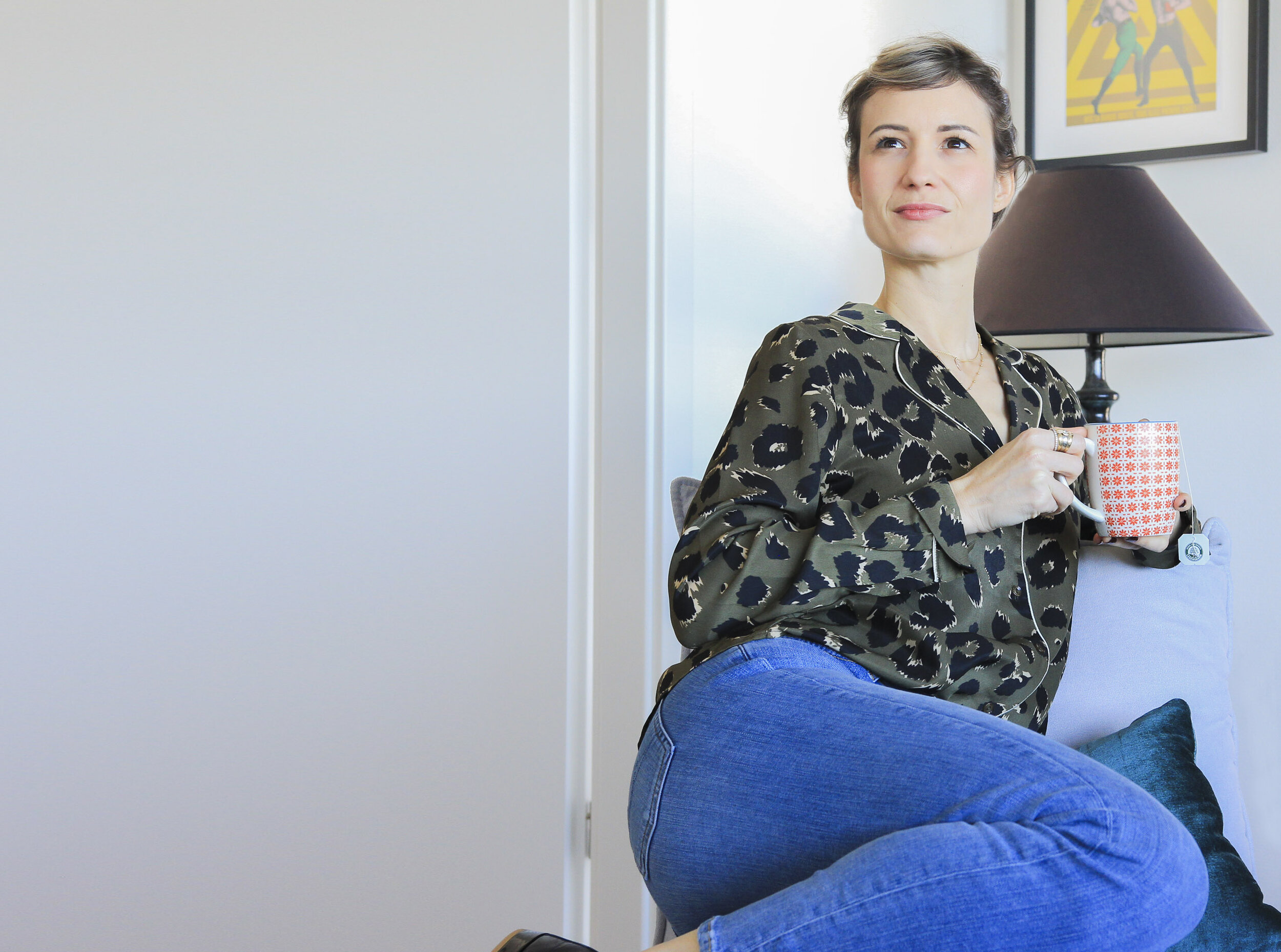
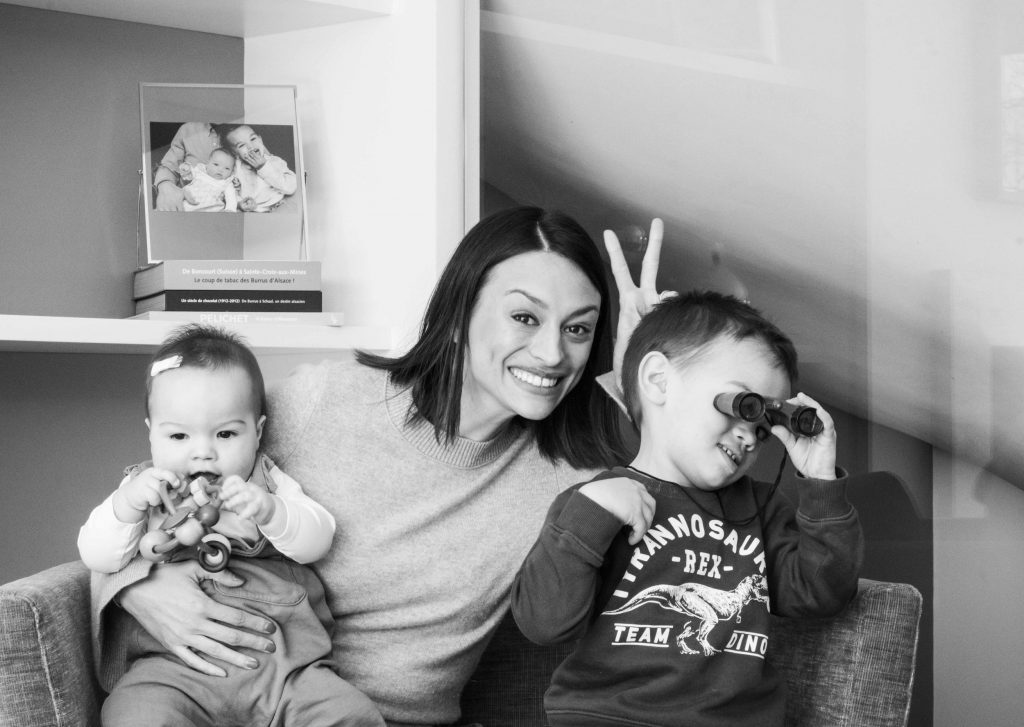


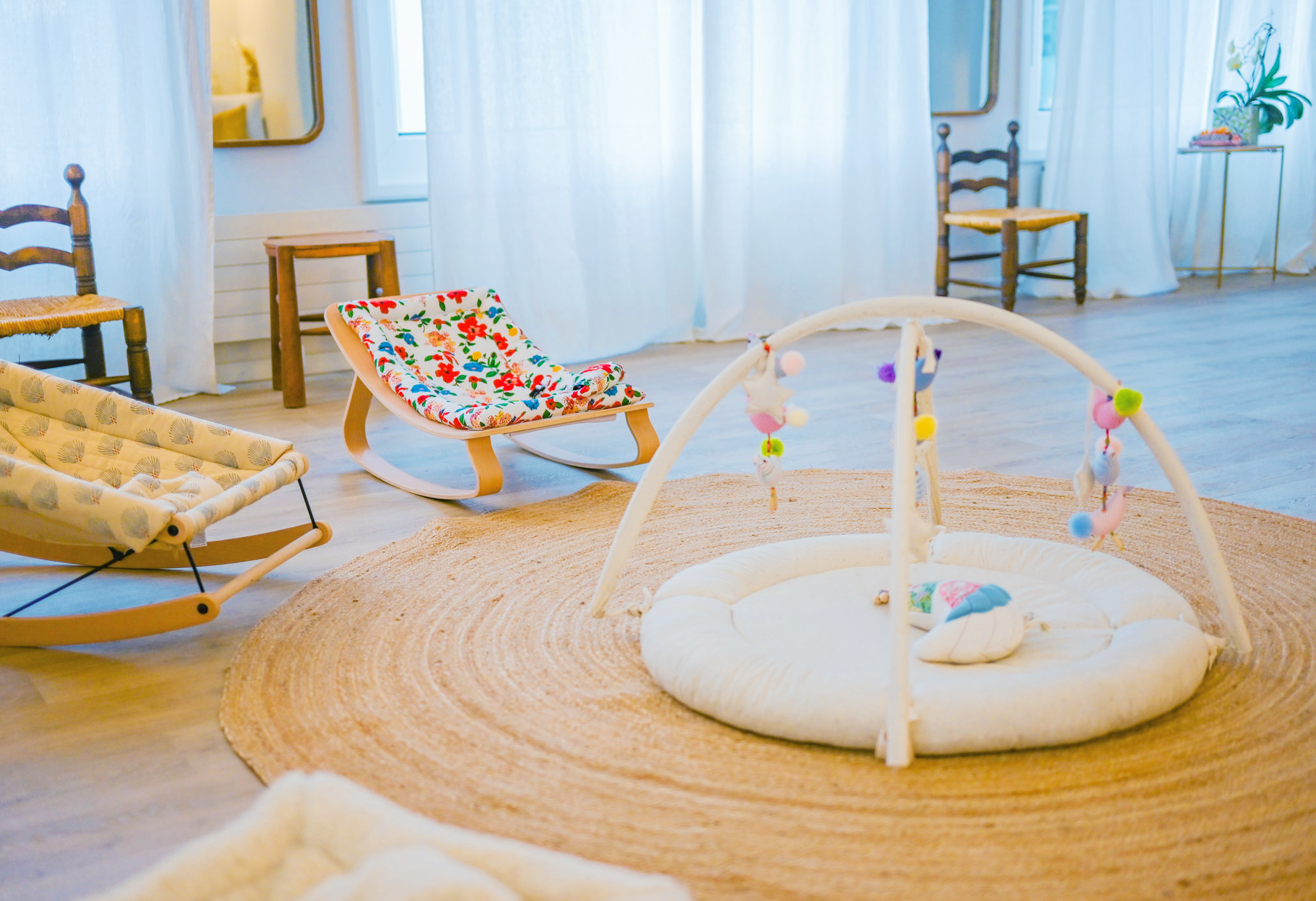













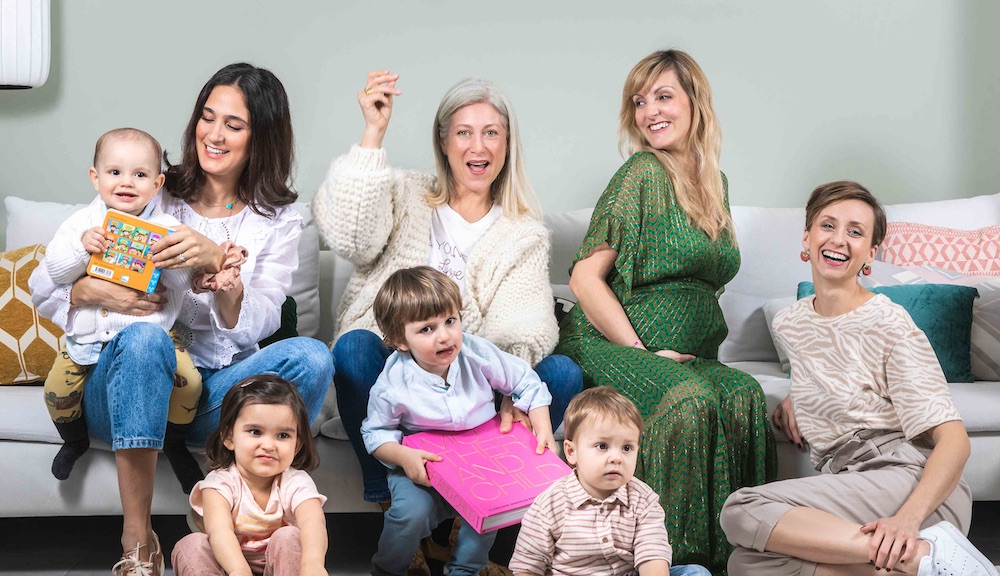


Share this article